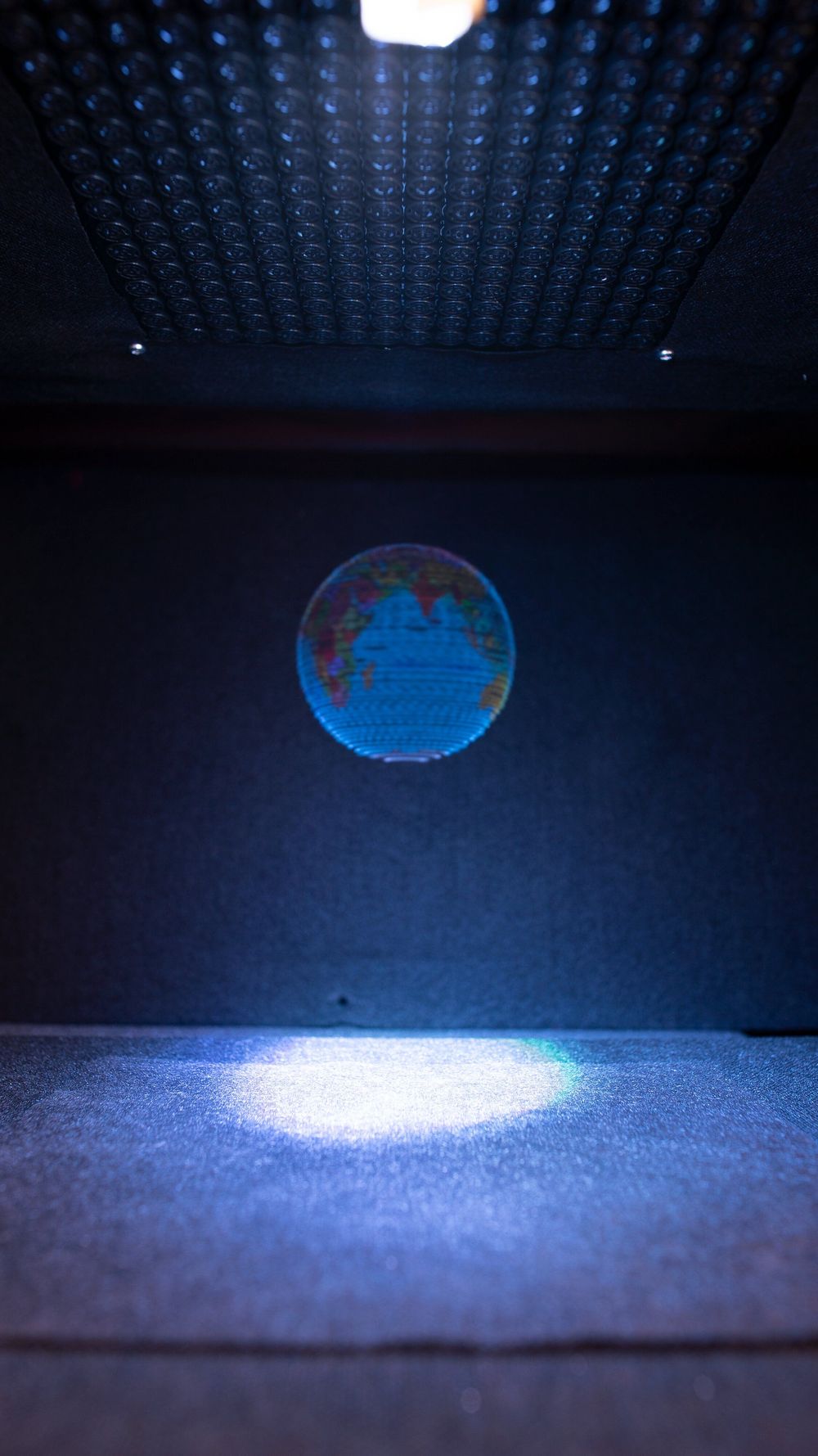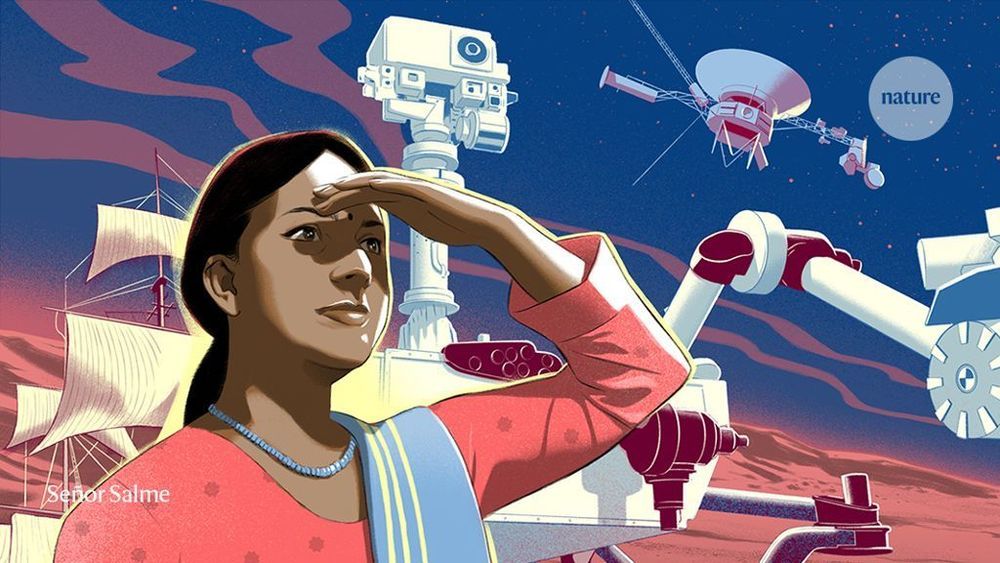Category: science – Page 100

Filipina High School Student Discovered ‘Aratiles’ Fruit as Potential Cure for Diabetes, Wins Intel International Science and Engineering Fair (ISEF) in Phoenix, Arizona, USA
This 16-year-old high school student from Iloilo went viral after discovering the properties of Aratiles fruit or Sarisa that can cure diabetes.
The young Filipina scientist was identified as Maria Isabel Layson, was one of the winners of the 2019 National Science and Technology Fair (NSTF), that was held last February.
She was also one of the 12 candidates sent to the International Science and Engineering Fair in Phoenix, Arizona USA to represent the Philippines in one of the biggest pre-college science research competition in the world and was the first in her batch to receive Gokongwei Brothers Foundation Young Scientist Award.
The Search for Life in the Universe Documentary — The Science of Exoplanets Discovery
How do we find other planets?
For life in the universe to be abundant, planets must be abundant. But planets are hard to detect because they are small, and much fainter than the stars they orbit.
How does life begin?
Scientists do not yet know how the first living things arose on Earth. The geological record shows that life appeared on Earth almost as soon as the young planet was cool and stable enough for living things to survive. This suggests that life may exist wherever conditions allow it.

Ejected Star: How fast is fast?
Earlier today, Genevieve O’Hagan updated Lifeboat readers on this week’s momentous event in Astronomy. At least, I find it fascinating—and so, I wish to add perspective…
30 years ago, astronomer Jack Hills demonstrated the math behind what has become known as the “Hills Mechanism”. Until this week, the event that he described had never been observed.* But his peer astronomers agreed that the physics and math should make it possible…
Hills explained that under these conditions, a star might be accelerated to incredible speeds — and might be even flung out of its galaxy:
- Suppose that a binary star passes close to a black hole, like the one at the center of our galaxy

From sci-fi to science lab: Holograms you can ‘feel’
Walking, talking holograms have been a staple of sci-fi films since Princess Leia was magically brought to life in “Star Wars”.
Now scientists in Britain say they can make even more realistic 3D versions—a butterfly, a globe, an emoji—which can be seen with the naked eye, heard and even felt without the need for any virtual reality systems.
Writing in the journal Nature, a team at the University of Sussex in southern England, said technology currently in use can create 3D images but they are slow, short-lived and “most importantly, rely on operating principles that cannot produce tactile and auditive content as well”.
Immortality Debate: Can Science Cheat Death?
Death means an end, but one recent research challenges the idea and fuels the possibility of reviving the brain. And it has plunged the scientific community into an ethical debate.
Physical movements, thoughts, and actions are traits that define how we know the difference between what’s alive and what’s lifeless i.e. death. But beyond that, we hardly understand what death means. We’ve known that death is an eventuality and irreversible. But recent research done back in April 2019 changed all that. Consequently, science is making us rethink the definition of death and the sheer fact that it is permanent.
A neuroscientist Christof Koch recently pondered over death in an article in the Scientific American. Koch wrote, “Death, this looming presence just over the horizon, is quite ill-defined from both a scientific as well as a medical point of view.”

Science must move with the times
But Manichean views and tropes of ‘dual use’ miss the point. Some of the key questions that confront science today are about whether its methods, practices and ethos, pursued with very little real change since Maxwell’s day, are fit for purpose in the light of the challenges — conceptual and practical — we now face. Can science continue to fulfil its social contract and to reach new horizons by advancing on the same footing into the future? Or does something need to shift?
Research cannot fulfil its social contract and reach new horizons by advancing on the same footing into the future, argues Philip Ball in the last essay of a series on how the past 150 years have shaped today’s science system, to mark Nature’s anniversary.



China’s Nobel ambitions on show as dozens of science laureates meet
Shanghai hosted one of the largest gatherings of Nobel laureates in the world last week, with 44 Nobel Prize-winning scientists in the city for a government-sponsored forum with the lofty goal of discussing science and technology for the “common destiny of mankind”.
Chinese academics and young scientists join global scientific elite to explore frontiers of research.